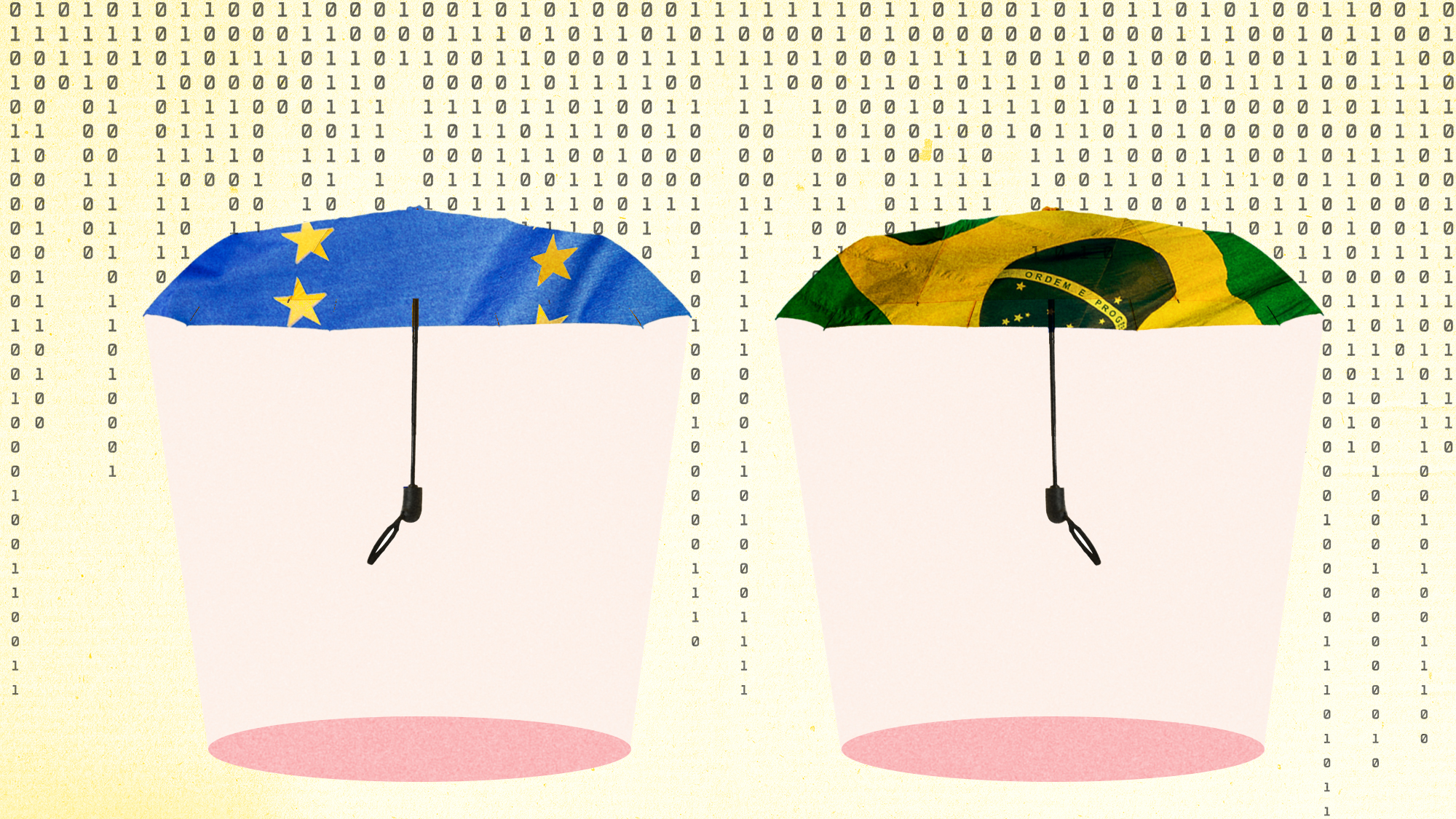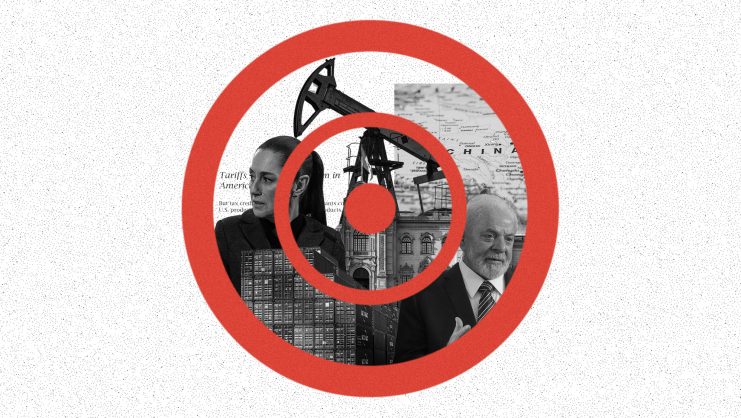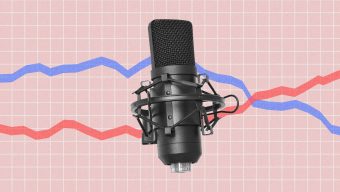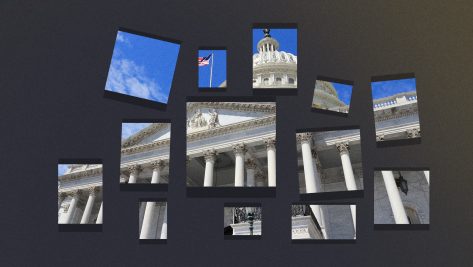The European Union once prided itself on being a “normative power” – a region whose influence stemmed not from military force but its ability to set rules and behavioral norms that the rest of the world followed. For years, this “Brussels Effect,” as coined by legal scholar Anu Bradford, has been both real and powerful, including in the digital realm. The EU’s impact is particularly evident in data protection, with the General Data Protection Regulation (GDPR) having inspired a wave of similar legislation from Brazil and Mexico to South Africa and India. But now, as Europe faces mounting external pressures from Washington and Silicon Valley, its regulatory leadership is showing cracks. Recent high-profile reviews of EU competitiveness – including Mario Draghi’s “The Future of European Competitiveness” report and Enrico Letta’s assessment of the single market – have sparked internal debates and pushed the EU to consider deregulation or simplifying its digital rules.
Brazil offers the perfect case study to understand just what’s at stake. The South American country has been following Europe’s regulatory blueprint, first with privacy legislation that mirrors GDPR, and now with a proposed DMA that echoes the EU’s Digital Markets Act aimed at reining in tech giants. However, as Europe appears to falter in its resolve over regulation, countries like Brazil are given cause to wonder: are they joining a global movement or will they be left to face Big Tech on their own?
Brazilian lawmakers have taken significant steps toward regulatory alignment with the EU, with the most notable example being the adoption of the General Data Protection Law (LGPD – Lei Geral de Proteção de Dados), inspired by the GDPR. Brazil’s Draft Bill on Digital Platforms (PL 2768/2022) is a striking example of the Brussels Effect in action. Currently under deliberation in Brazil’s House of Representatives, the bill intentionally mirrors the EU’s DMA in its effort to prevent anti-competitive practices among dominant digital platforms. It is often referred to as the “Brazilian DMA”. Congresswoman Any Ortiz, rapporteur for the bill, explicitly stated they are “observing how the DMA is being implemented in the EU in particular, so we have more solid elements to implement and discuss the regulation.”
But in adapting EU regulations, Brazil has still opted for a different path. While the EU framework applies to the largest digital firms like Alphabet, Meta, and Amazon with a clear threshold for revenue (€7.5 billion) and user base (45 million EU users), Brazil’s version casts a broader net. With a significantly lower revenue threshold of approximately $14 million (roughly 500 times smaller than the EU’s) and lacking a comprehensive definition of the term “significant access control power,” the Brazilian proposal imposes regulatory burdens on hundreds of tech companies, including domestic startups and unicorns.
This is no minor distinction. While both frameworks seek to prevent monopolistic practices like self-preferencing and unfair bundling, Brazil’s approach integrates broader policy objectives, such as consumer protection, economic decentralization, and enhanced social participation. Nevertheless, the Brazilian proposal has faced criticism for lacking clearly defined policy objectives and for its ambiguity.
If the EU weakens its stance, Brazil fears being left isolated in its efforts to regulate big tech.
Another key distinction lies in enforcement: while the EU assigns regulatory oversight to its competition authorities, Brazil places enforcement under the National Telecommunications Agency (ANATEL). This choice extends regulatory oversight beyond competition policy, encompassing broader concerns over digital governance. The broad scope of PL 2768/2022 has sparked concerns about its potential impact on Brazil’s nascent digital economy, as it not only targets U.S. Big Tech but also places substantial compliance obligations on Brazilian firms, raising fears of over-regulation that could stifle innovation and burden local companies.
The global landscape shifted dramatically on February 21, 2025, when President Trump issued a directive characterizing the EU’s digital regulation as an “unfair exploitation of American innovation.” His administration’s threats of tariffs and other reprisals have exposed the geopolitical vulnerabilities in Europe’s regulatory ambitions. European officials, in response, fired back with the European Commission’s technology and competition lawmakers’ letter to U.S. officials refuting Trump’s claims of an erosion of U.S. tech leadership. They emphasized that the regulation does not solely affect U.S. firms, citing investigations into European-based Booking.com and China’s TikTok, and highlighted that several U.S. companies – including Epic Games, DuckDuckGo, Netflix, and Disney – actively support the DMA’s enforcement because it helps level the playing field against tech giants.
However, from Brazil’s perspective, these transatlantic tensions highlight the possibility that the EU may not be the reliable regulatory partner it had hoped for – and that, despite having imposed multi-billion-dollar fines on major tech companies, the EU may be retreating from its regulatory ambitions on the international stage – a shift Brazil had not anticipated. What Brazil desires is to be part of a broader coalition of countries advancing digital regulation. If the EU weakens its stance, Brazil fears being left isolated in its efforts to regulate big tech, making it more challenging to implement its own “Brazilian DMA” and diminishing its leverage in international negotiations.
These concerns extend beyond competition regulation to the governance of artificial intelligence, where the bloc is showing signs of prioritizing innovation over security and corporate accountability. A major test of the EU’s resolve in digital regulation came with the March 25 deadline for Apple, Meta, and Google to demonstrate compliance with the DMA. However, no decision has been announced. According to recent reports by the Financial Times, the EU is preparing to impose minimal fines on Apple and Meta, signalling an intent to avoid escalating tensions with U.S. President Donald Trump’s administration.
The most recent edition of the Brazil-EU Digital Dialogue in February 2025 sent mixed signals. While both sides reaffirmed their commitment to cooperation on data governance, artificial intelligence, and the implementation of digital regulations, the final communiqué struck a more cautious tone than previous statements and included less prominent references to content moderation and Big Tech taxation.
Brazil’s Digital Competition Bill (PL 2768) is a direct example of the Brussels Effect, demonstrating how EU regulations shape legal frameworks beyond its borders, despite differences in scope and challenges in implementation. However, if the EU weakens its stance, it risks undermining this effect, creating uncertainty for partners that see Europe as a counterweight to both U.S. laissez-faire policies and China’s state-driven approach.
The credibility of the EU’s digital governance strategy is now at stake. Hesitation to maintain regulatory pressure raises fundamental questions about whether Europe is truly committed to enforcing its DMA, along with subsequent key legislation such as the Digital Services Act (DSA) and AI regulations, at full capacity. Backing down now would not only undermine previous regulatory victories but also embolden big tech corporations and political actors seeking to weaken the EU’s digital sovereignty.
The EU faces a critical juncture: reinforce its regulatory leadership and embolden allies like Brazil, or retreat in the face of opposition and undermine its own claim to digital sovereignty. A firm regulatory stance would sustain the Brussels Effect and reassure allies like Brazil that international cooperation on digital governance – led by democratic values – remains viable against the rising wave of isolationism and trade wars. The EU must also resist being cowed by Trump’s tariffs and the broader trade war dynamic, maintaining legislation that stands independent from short-term political pressures. The stakes go beyond competition policy – this is about shaping the future balance of power in global digital markets.
© IE Insights.











